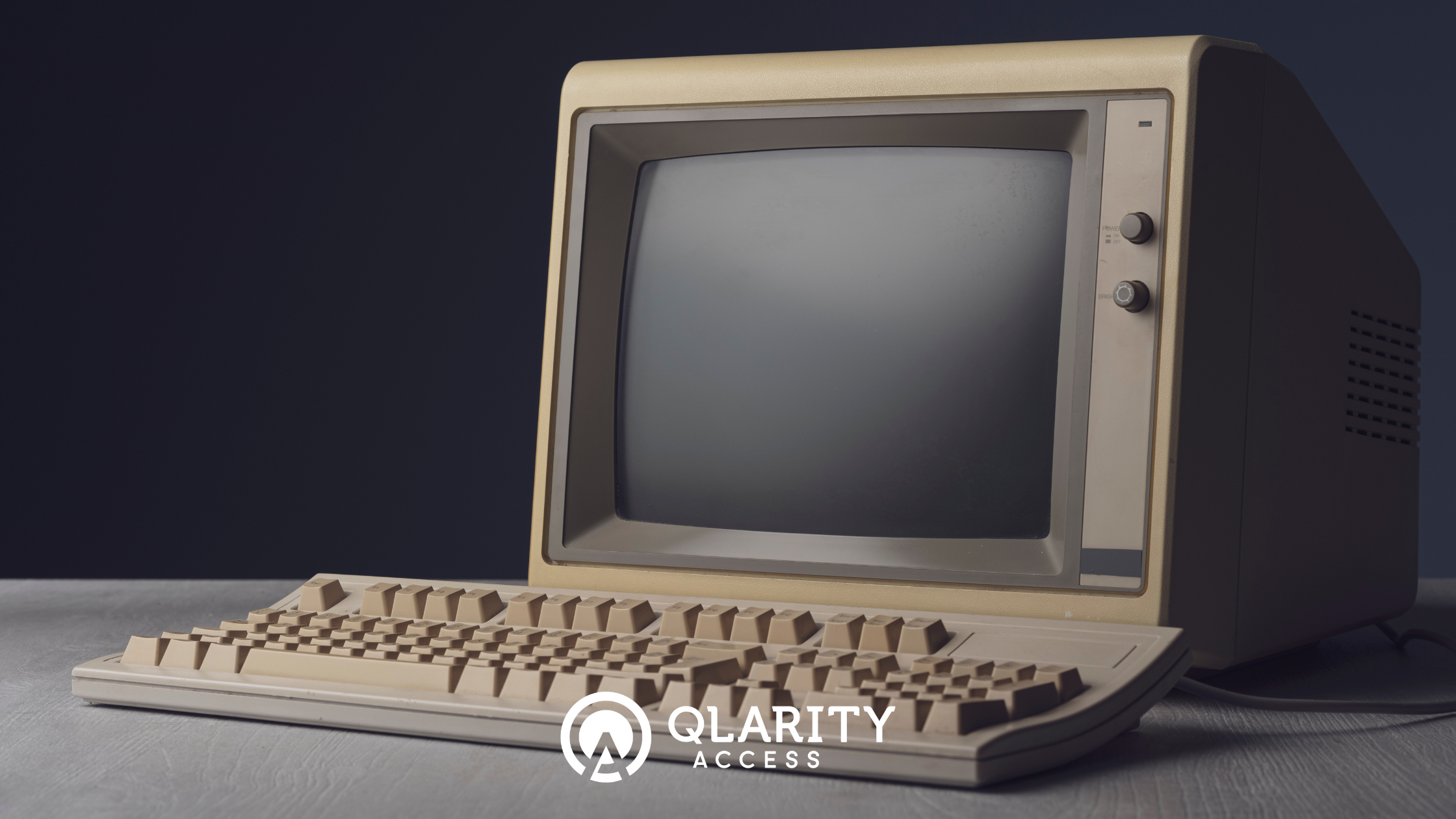
A Look Back at the History of Market Research
In one form or another, market research has been around for centuries — because there has always been an effort to understand target audiences and cater to their needs, whether they are customers, members of an association or group, and so on.
However, many experts believe that the modern-day understanding of market research was born in the early 1900s, due to the confluence of two seminal events: the U.S. Census introduced punch cards to tabulate data, and Literary Digest ran what is considered to be very first national U.S. survey (for the U.S. Presidential Election).
Since then, market research has evolved and transformed by leaps and bounds. Below, we highlight some of the key milestones on this journey since the early 20th century:
History of Market Research 1920s-1950s:
- Daniel Starch introduces the notion that advertising should only be considered effective when it met five criteria: it had to be seen, read, believed, recalled, and acted upon.
- George Gallup (of “Gallup Poll” fame) introduces the theory of “aided recall,” which measures the effectiveness of advertising by interviewing people to see if they could remember an ad based on a series of triggers (i.e. they were not shown the ad).
- In addition, during this era, the founder of the first commercial research company (“National Analysts”) coins the phrase commercial research, which later becomes known as market research.
- Robert Merton and Paul Lazarsfeld introduce focus groups as a method to obtain qualitative data.
- Marketing academic John Howard starts including perspectives from social sciences into his research, such as psychology, sociology, anthropology, semiotics economics, and management science.
- Ernest Dichter introduces a theory known as “motivational research,” which was a precursor to what is known as brand equity (i.e. brands — and the products and services they are associated with — have an identity that influences perception, behavior, etc.).
- For the first time, data is automatically collected electronically through recording devices on TV sets.
History of Market Research 1960s-1980s:
- Compuserve creates a digital forum for customers to send feedback, which paves the way for what is now known as social media.
- A precursor to the modern-day internet known as the Advanced Research Projects Agency Network sends its inaugural message.
- Audio recording is added to focus groups.
- Face-to-face interviews, video-recorded focus groups, computer assisted telephone interviewing (CATI) and postal mail surveys emerge as the primary qualitative data gathering methods.
- The approach known as ad and brand tracking is introduced by Gordon Brown and Maurice Millward.
- Customer satisfaction research is introduced.
History of Market Research 1990s-present:
- The first website on the World Wide Web goes live.
- Market research analysis software becomes commercially available.
- The creation of the internet paves the way for online focus groups, computer aided web interviewing (CAWI), and bulletin boards.
- Quantitative and qualitative research methods integrate through the confluence of several transformative innovations, including insight communities, social media, market research, Big Data Analytics, and smartphone-based market research.
- Market research becomes the fundamental investment to help businesses increase customer engagement and improve customer experience, which is emerging as the number one brand differentiator (surpassing price and product, which have led the way in customers’ minds for centuries).
- Market research emerges as critical for helping businesses accelerate time-to-market and work at faster speeds.
- Mobile ethnography leverages smartphones to give businesses unprecedented, real-time insights into target group behavior and decision-making.
The Future…
While there is no crystal ball that predicts what the future of market research will hold, we know technology will keep improving the methodologies. Businesses have started to realize the power behind market research and we believe that this importance will continue to grow (as it has since the 1990s). At Qlarity Access, we are excited to keep innovating to help businesses make faster, safer, and above-all more successful and profitable decisions!
If you’re a business in need of market research, contact us today to speak with our Insights Director. With Qlarity Access's nearly 30 years of experience, we’ll be able to direct you towards the correct market research questions and help you achieve your business goals.
For more information on the value of market research and how to communicate that to your clients, download our FREE eBook:



